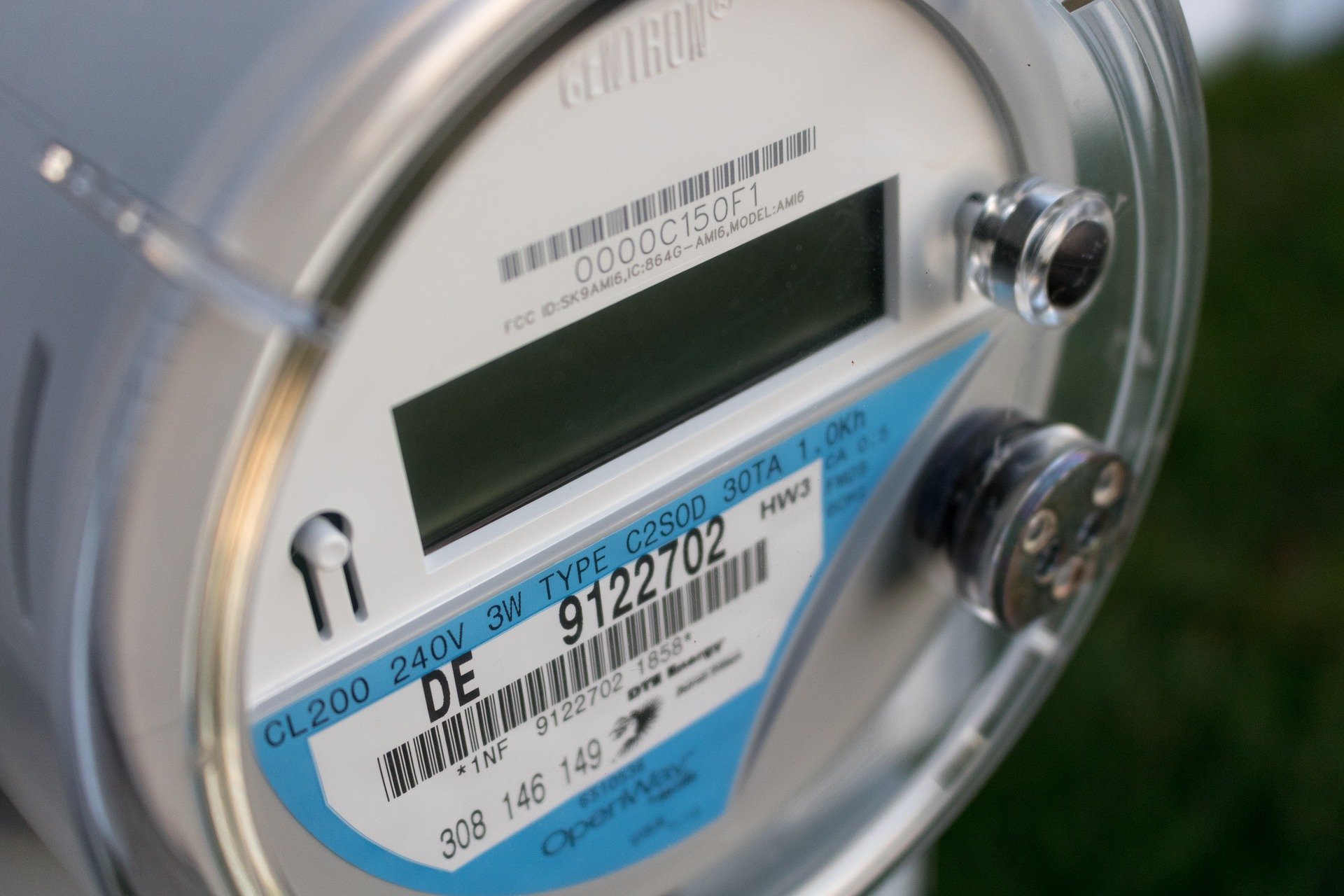Source: Pixabay
As a homeowner, it's important to be able to read your electric and gas meter. This can help you keep track of your energy use and make sure that you're not overpaying for utilities. Here's a quick guide on how to read your meters.
Electric Meters
There are a few different ways to read your electric meter, but we'll go over the most common method. To read your electric meter, start by finding the dial or digital display on the front of the unit. If there is more than 1 dial, start with the one on the right. Note the number on the dial and write it down. If the pointer is between 2 numbers, always write down the lower number. Repeat this process for each dial.
Once you have noted all of the numbers on the dials or display, you will need to reference a chart provided by your electric company in order to determine how much electricity you have used. This chart will show you how to convert the numbers on your meter to kilowatt hours (kWh). Once you have determined your usage, multiply this number by the cost of electricity in your area to get your total bill.
Keep in mind that if you have a smart meter, you will not be able to read it the same way as described above. For more information on how to read your smart meter, please consult your utility company.
Natural Gas Meters
If you have a natural gas meter at your home, it is important to know how to read it in order to ensure that you are being billed correctly for the amount of gas that you use. Here is a step-by-step guide on how to read your natural gas meter:
Find your natural gas meter. It is typically located near the street or sidewalk and may be inside a metal enclosure.
Locate the dials on the face of the meter. There will be multiple dials, each with a different number.
Starting from left to right, write down the numbers that the pointer is currently pointing to on each dial.
Make sure to include any digits that are after the decimal point.
Add up all of the numbers that you wrote down, and that is your gas usage for the past day or month (depending on which dials you were looking at).
If you have any questions about how to read your natural gas meter, or if you believe that you are being billed incorrectly, contact your local utility company.
Digital Meters
If you have a digital meter, reading it is simple. Just follow these steps:
Locate your digital meter. It should be near the main electrical breaker box for your home or business.
Look at the display on the digital meter. The first number on the left is your kilowatt-hour reading.
Write down this number so you can compare it to your previous month's usage.
Repeat this process at the end of each month to track your energy usage over time.
Use this information to make changes in your habits and conserve electricity!
Source: Pixabay
Use Your Meters to Conserve Energy
As our world continues to develop, the demand for energy increases. Along with this demand comes an increase in cost. Many people don’t realize how much money they could save by keeping an eye on their meters and simply conserving energy.
There are many benefits to saving energy. One of the most obvious is that it saves you money. The less energy you use, the lower your utility bills will be. In addition, conserving energy is good for the environment. It helps reduce air pollution and greenhouse gas emissions.
Saving energy doesn’t have to be difficult. There are a number of easy ways to conserve energy in your home or office. One way is to use energy-efficient appliances. These appliances use less energy than traditional models and can save you money over time. Another way to save energy is to use natural lighting whenever possible. Opening curtains and blinds during the day can help reduce the need for artificial lighting. Finally, unplugging electronics when they’re not in use can also help conserve energy.
Reading your electric meter, understanding how it works, and taking action to conserve energy can help you save money on your utility bills. The same is true for natural gas meters and digital meters. By being aware of the signals your meter is sending and making small changes in your daily routine, you may be able to reduce your monthly energy costs. If you have any questions about energy-efficient electrical, cooling, or heating systems, please do not hesitate to contact us for assistance. We are here to help!



